Welcome to the second edition of The Bluntness Weekly Cannabis Roundup!
If you didn’t catch last week’s roundup, you can find it right here to see what important cannabis headlines you might have missed.
This week – in addition to The Bluntness publishing the 2020-2021 Cannabis Gift Guide – cannabis news was so abundant it was hard to narrow the stories down to our usual five, so we settled on six (and even that was painful).
Let’s jump right into the week’s headlines:
#1) New Study Reveals Cannabis Could Save Dying Bee Populations
What Happened: Researchers from Cornell University found that bees are attracted to large hemp plants. The researchers noted, “Plant height was strongly correlated with bee species richness and abundance for hemp plots with taller varieties attracting a broader diversity of bee species.”
Why It’s Important: With their cross-pollinating ways, bees are a critical part of our environmental ecosystem. The rapid decline in bee populations over the past few years is alarming to say the least. One of the reasons behind this decline points to the use of insecticides and fungicides. The fact that outdoor hemp fields (which typically require less use of pesticides) are attracting a rich variety of bee populations is a fantastic sign that we are moving in the right direction.
Supporting hemp and cannabis farmers is a good thing.
#2) New Jersey Cannabis Bill Sent to Governor
What Happened: After NJ voters overwhelmingly approved adult-use cannabis sales on Nov. 3, the state policymakers have wasted no time in getting legislation out the door.
On Thursday, Dec. 17, the state Senate and Assembly approved legislation that will allow the Garden State to move forward in establishing its new cannabis market.
New Jersey lawmakers also passed a psilocybin bill to reduce penalty for possession from a felony to a disorderly persons offense, known as a misdemeanor in other states.
Why It’s Important: New Jersey’s path to a legal cannabis industry is a monumental moment for a nation that has been mired in a tragic war against cannabis for nearly a century. And while some states take years to move forward with voter-approved legal cannabis industries (for Maine it was four years!), NJ is poised for the opposite.
Notably, advocacy groups have raised important concerns about different aspects of the current legislation, namely that it could do more for social equity and racial injustice. Others have raised concerns about the bill’s drug testing language among other issues – and of course there is the issue of home cultivation, which will still carry draconian penalties in the Garden State.
However, even as state lawmakers are rushing this process, it’s important to remember that legislation is never perfect. It’s an evolving process, an opportunity in which to collaborate and build.
As for the psilocybin bill – this is a promising first step in the emerging acceptance of psychedelic medicine.
#3) Lawsuit Threatens to Upend Medical Cannabis in Mississippi
What Happened: Madison Mayor Mary Hawkins Butler has filed a lawsuit, asking that state courts declare Initiative 65 invalid after it was approved by voters on Nov. 3. According to Magnolia State Live, Butler’s attorneys argued that if justices do declare the medical cannabis initiative as invalid, “legislators could still ‘heed the will of the majority’ and enact a state law to create a medical marijuana program.”
State attorneys responsible for defending the initiative must provide responding arguments by Dec. 28.
Why It’s Important: Where to start? Firstly, Mississippi lawmakers already tried to thwart medical cannabis in the state by attempting to confuse voters with a watered down, senseless alternative to Initiative 65. So, it’s highly unlikely they would pass any functional medical cannabis legislation on their own if the voter-approved measure were invalidated.
Second, Butler’s argument against the legality of the voter-approved Initiative 65 is ridiculous, a convoluted line of rhetoric about mathematical issues with the state having dropped from five districts to four in 2000.
This is an obvious attempt to undermine the will of voters, where state officials and elected leaders are clearly unwilling to get on the right side of history. South Dakota voters are facing the same issue after passing both medical and adult-use cannabis on Nov. 3, with SD Gov. Kristi Noem repeatedly criticizing the voters’ decision and even allocating state funds toward a bogus lawsuit designed to stop adult-use cannabis.
#4) U.S. Senate Passes Cannabis Research Bill Similar to Last Week’s House-Approved Bill
What Happened: On Tuesday, the Senate passed the Cannabidiol and Marihuana Research Expansion Act, which is designed to make the application process easier for researchers while encouraging the FDA to focus on cannabis-derived medicine.
Why It’s Important: If the House agrees with this bill, we may see a new federal cannabis law before they end their current session. Otherwise, it will have to wait for 2021.
As pointed out by Marijuana Moment, one of the big differences from the bill that the House approved last week was that the Senate-approved bill would require federally-funded researchers to continue sourcing cannabis from the government’s grow facility at the University of Mississippi. This government weed has been criticized for its poor quality and long wait times for researchers.
The bill also states that physicians will legally be allowed to discuss cannabis with their patients despite the plant’s ongoing status as a Schedule I controlled substance.
While the bill contains other important details, the main issue right now is U.S. research on cannabis is light years behind due to the political barriers and restrictions which make zero sense – unless you’re in an industry or government department that directly benefits from cannabis prohibition.
#5) Senate Proposal to Raise Hemp THC Limits
What Happened: Kentucky Sen. Rand Paul introduced a bill that would triple THC limits for hemp crops, from 0.3 percent to 1 percent. The bill would also allow for hemp farmers to test final products rather than raw plants, which would give them a chance to remove THC from “hot hemp.”
Why It’s Important: The passing of the 2018 Farm Bill was supposed to be a boon for hemp agriculture in the U.S. Fast forward two years and hemp farmers are struggling for a lot of different reasons – messy regulations, little to zero FDA guidance, and a general lack of awareness on hemp benefits and applications outside of CBD production.
Add to all that the current requirement to destroy your crops if they test over 0.3 percent for THC, and you have a complete tragedy for farmers who may never be able to recover.
While some say that Sen. Paul’s bill is unlikely to pass, hopefully they are wrong. The hemp industry in the U.S. has a long way to go if it’s going to thrive. The 0.3 percent THC limit is entirely arbitrary, and regulators must realize that even when hemp crops have too much THC, it is possible to remove the THC instead of simply destroying the entire crop.
Most of these lawmakers don’t even really know what THC is.
#6) Mexican President Reveals Why Legalization Bill Was Delayed
What Happened: Last week, Mexican lawmakers were granted a fourth extension on their deadline to establish legislation for a legal cannabis market in the country. This past Tuesday, President Andres Manuel Lopez Obrador revealed the delay was due to minor “mistakes” in the legislation, according to Marijuana Moment.
Why It’s Important: With a new deadline for April 2021, it’s hard to say what Mexico’s legal cannabis timeline will look like after so many delays since the Mexican Supreme Court initially ruled cannabis prohibition unconstitutional in 2018. In addition to the hope that legal cannabis will slow down cartel violence, Mexico has the opportunity to become one of the world’s most lucrative cannabis markets.
Hopefully, President Lopez Obrador’s remarks are a sign that Mexican lawmakers can get this off the ground sooner rather than later.
Are you still missing out on The Bluntness newsletter? Sign Up today to stay in the loop.
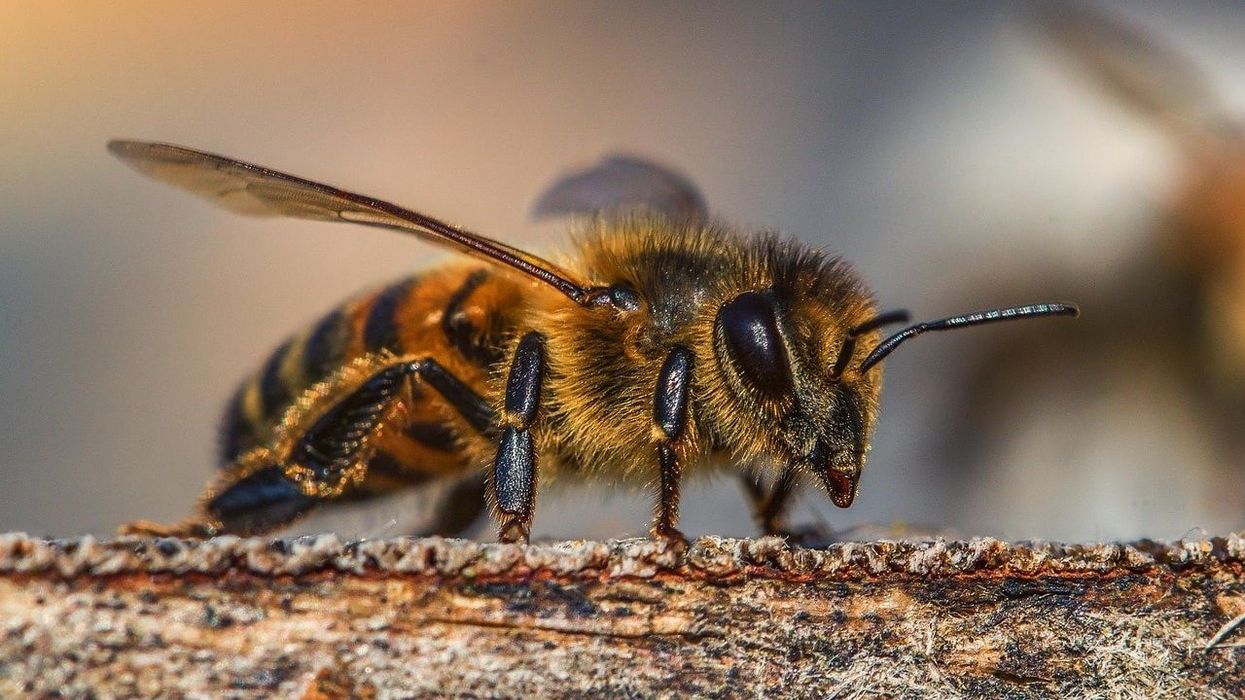






 Cannabis and Aging: A Groundbreaking Study Challenges Long-Held Beliefs
Photo by
Cannabis and Aging: A Groundbreaking Study Challenges Long-Held Beliefs
Photo by 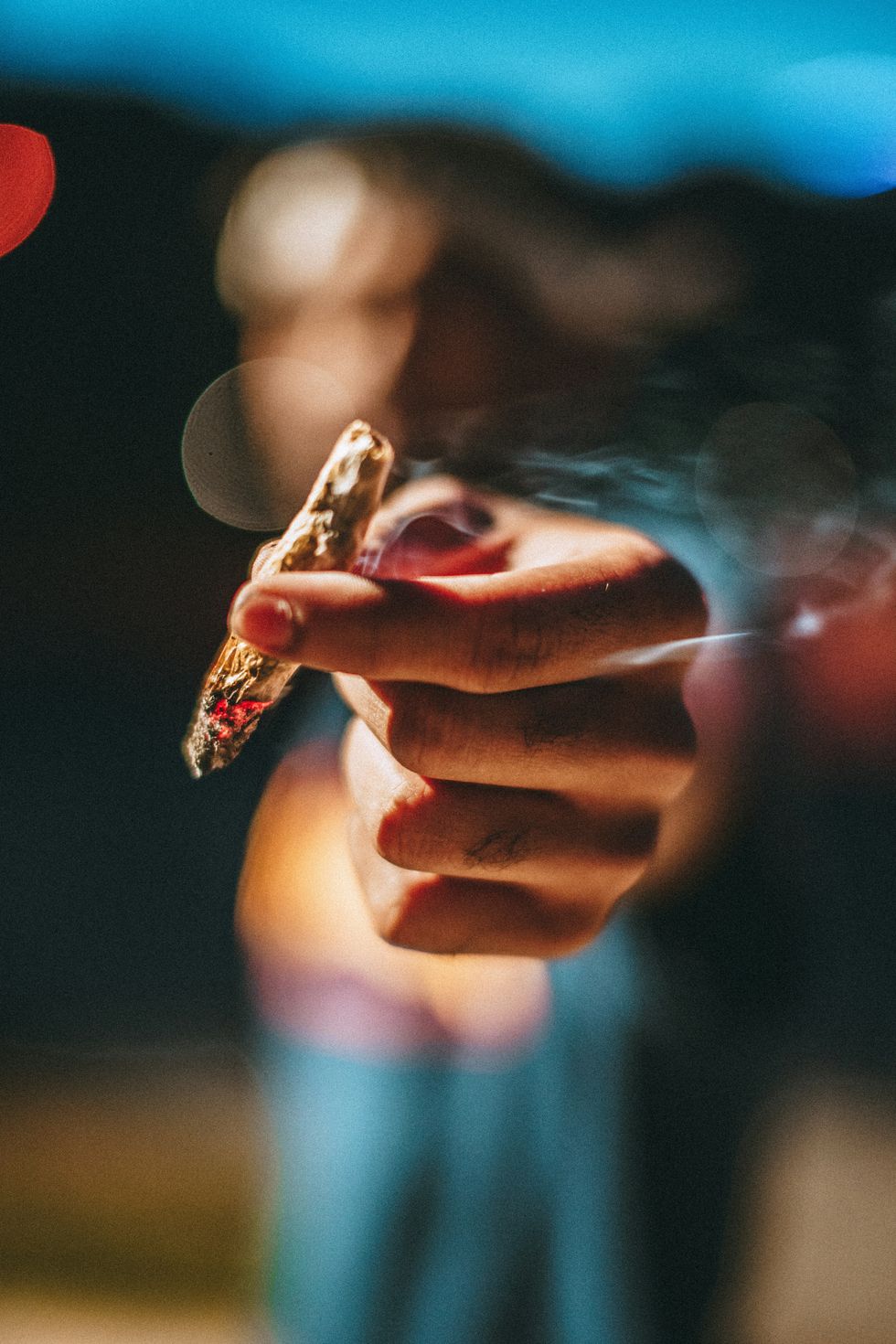 Cannabis and Aging: A Groundbreaking Study Challenges Long-Held Beliefs
Photo by
Cannabis and Aging: A Groundbreaking Study Challenges Long-Held Beliefs
Photo by 













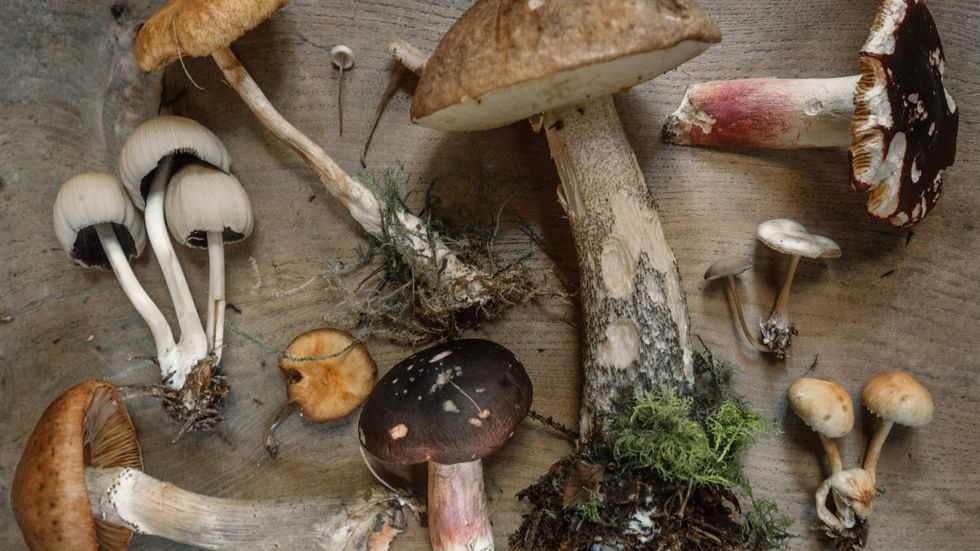 How Long Do Shrooms Last? Magic Mushroom Guide for Beginners - The Bluntness
How Long Do Shrooms Last? Magic Mushroom Guide for Beginners - The Bluntness Psilocybin can provide a life-altering experience. -The Bluntness
null
Psilocybin can provide a life-altering experience. -The Bluntness
null
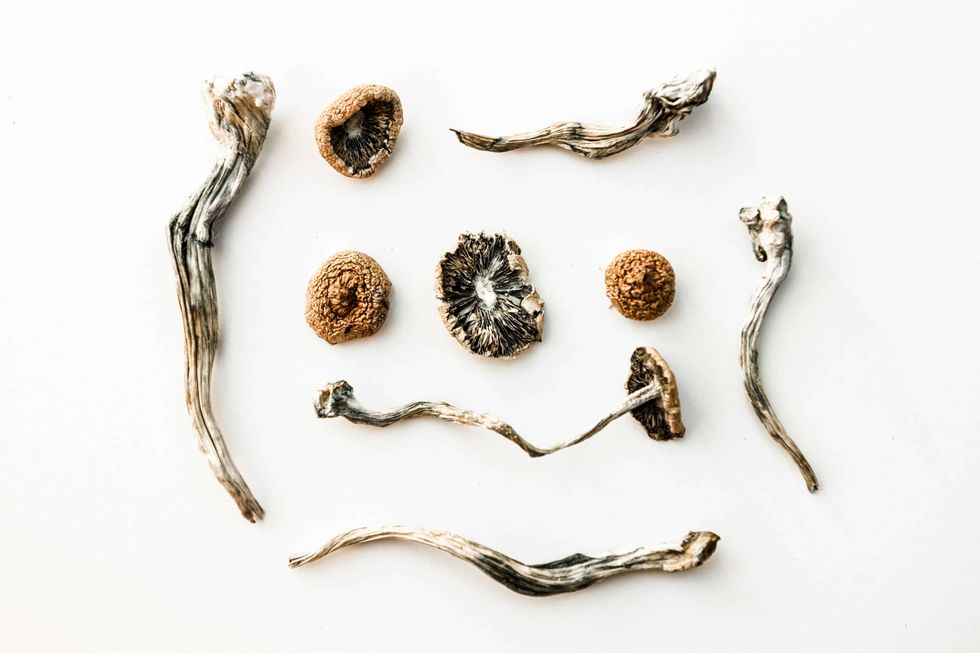 “Don’t diddle the dose. Once you have done your homework, go for it.” -- Terence McKenna
The Bluntness
“Don’t diddle the dose. Once you have done your homework, go for it.” -- Terence McKenna
The Bluntness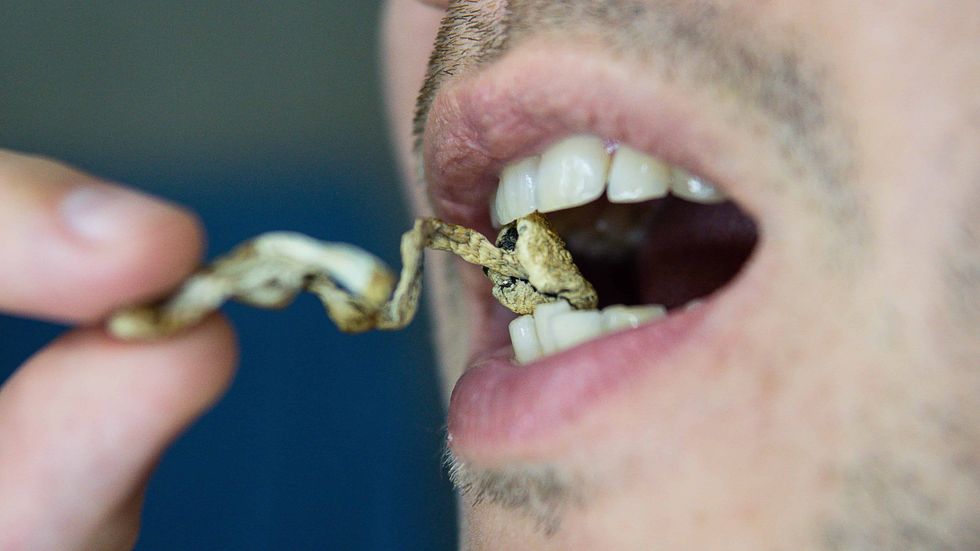 These mushrooms taste gross, but there are ways around that.The Bluntness
These mushrooms taste gross, but there are ways around that.The Bluntness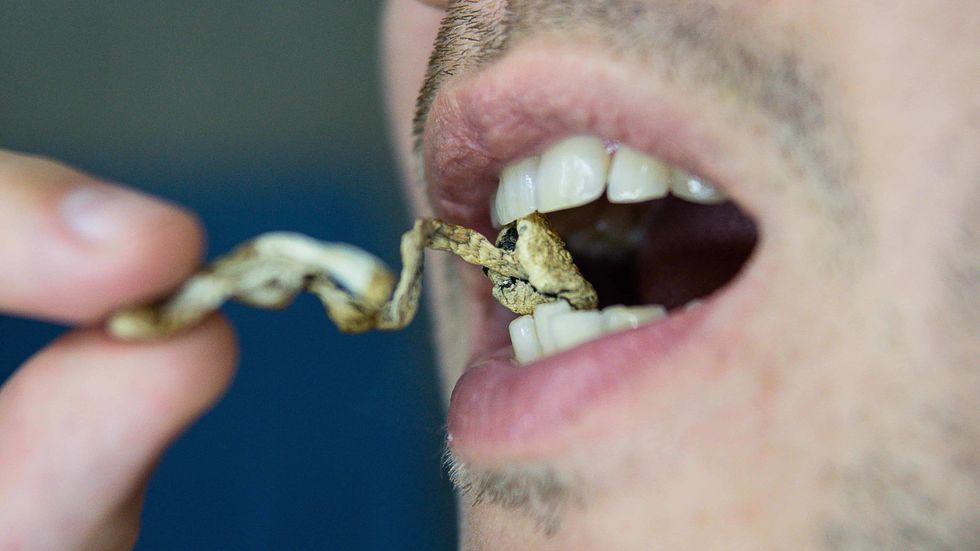 These mushrooms taste gross, but there are ways around that.
These mushrooms taste gross, but there are ways around that.
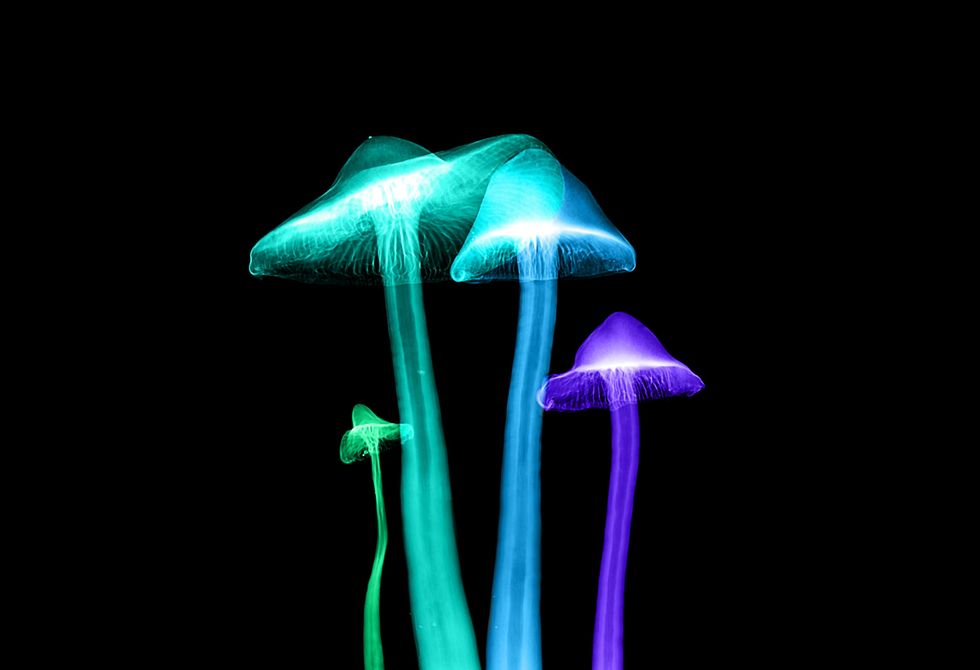 Introduction to Psychoactive Mushrooms: The Aztec God Strain - The Bluntness
Photo by
Introduction to Psychoactive Mushrooms: The Aztec God Strain - The Bluntness
Photo by 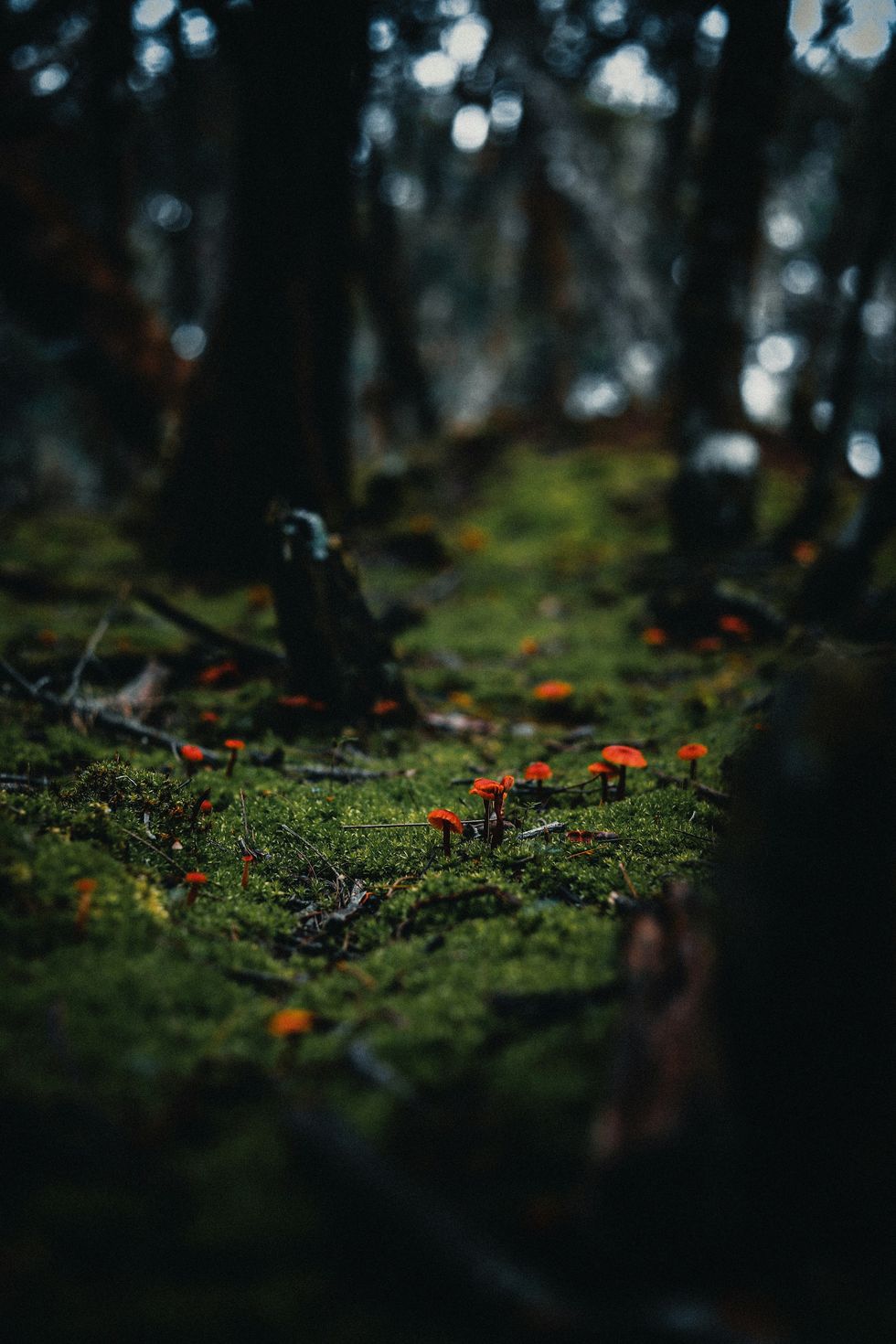 Introduction to Psychoactive Mushrooms: The Aztec God Strain - The Bluntness
Photo by
Introduction to Psychoactive Mushrooms: The Aztec God Strain - The Bluntness
Photo by 
 FDA Approves Landmark Cannabis for PTSD in Veterans - The Bluntness
Photo by Wesley Tingey on Unsplash
FDA Approves Landmark Cannabis for PTSD in Veterans - The Bluntness
Photo by Wesley Tingey on Unsplash